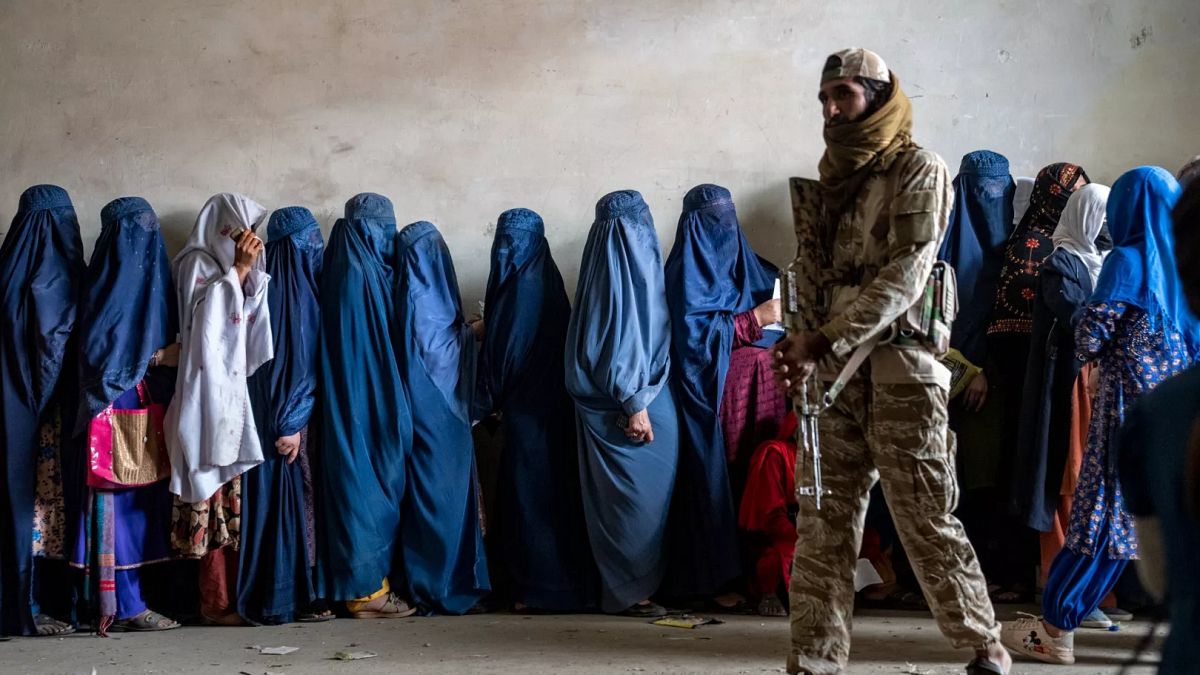

In recent days, several notable global and domestic affairs have captured the world’s attention. Presented here is a thoughtful overview of these issues, reflecting on their implications and the broader contexts that frame them.
In Afghanistan, the United Nations has expressed concerns regarding the Taliban’s arrest of women and girls over perceived violations of strict dress codes. The Taliban, which returned to power in August 2021, has reinforced regulations imposing specific attire for women, obliging them to cover their faces in public. This development has brought international scrutiny, as it raises questions about women’s rights and freedoms in Afghanistan. The global community continues to monitor these actions, hoping for constructive dialogue and a path towards ensuring basic human rights for Afghan women.
Meanwhile, in the Middle East, the ongoing conflict in Gaza has prompted a unified call from 28 countries, including the United Kingdom, Australia, Canada, and France, urging Israel to cease hostilities and lift barriers hindering humanitarian aid. The UK Foreign Secretary, David Lammy, emphasized the urgency of alleviating the humanitarian crisis, noting the profound impact on Palestinian civilians. The international plea seeks not only an end to the conflict but also underscores the importance of dignified and compassionate humanitarian strategies.
Turning to domestic affairs in the United Kingdom, the government has introduced a new initiative to combat anti-Muslim hatred. Following the conclusion of its previous partnership with Tell Mama, an Islamophobia monitoring service, the UK government announced the establishment of the British Muslim Trust. This organization will begin operations in the autumn, backed by the government’s support to address hate incidents against Muslims. This step highlights the ongoing commitment to ensuring community cohesion and tackling discrimination through structured and sustained efforts.
In another development from the UK, historical insights have emerged from the national archives, revealing that in 2003, former Prime Minister Tony Blair and his wife, Cherie, were advised to reimburse substantial discounts received on designer clothing. This counsel aimed to mitigate potential public relations challenges centered around perceptions of propriety and privilege. As contemporary politics still wrestle with similar issues, it emphasizes the delicate balance public figures must navigate between personal benefits and public expectations.
Though these stories originate in different contexts and affect various parts of the globe, they collectively underscore an enduring theme: the importance of respect, dignity, and equitable treatment in both international relations and domestic policies. As the world continues to confront complex societal challenges, the emphasis remains on fostering understanding and goodwill among diverse communities, promoting a brighter and more inclusive future for all.
Source: {link}
